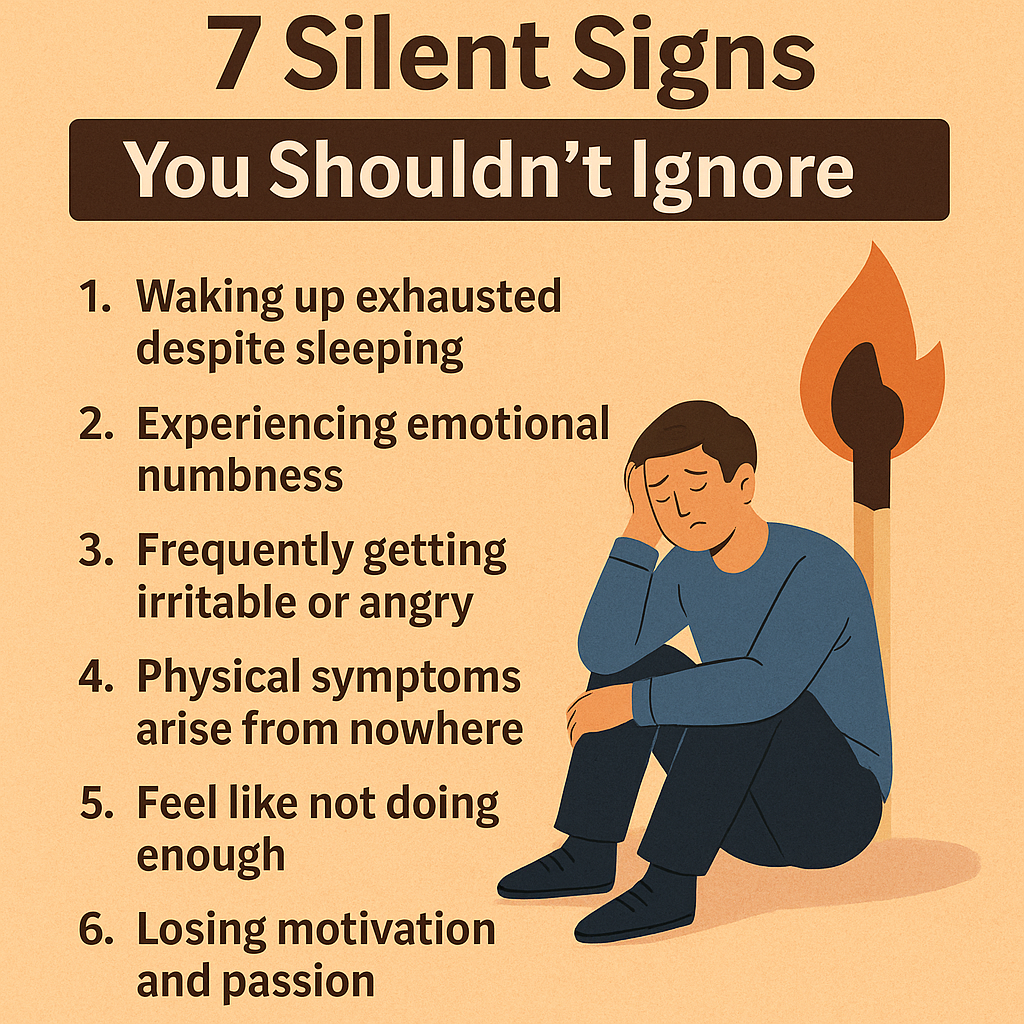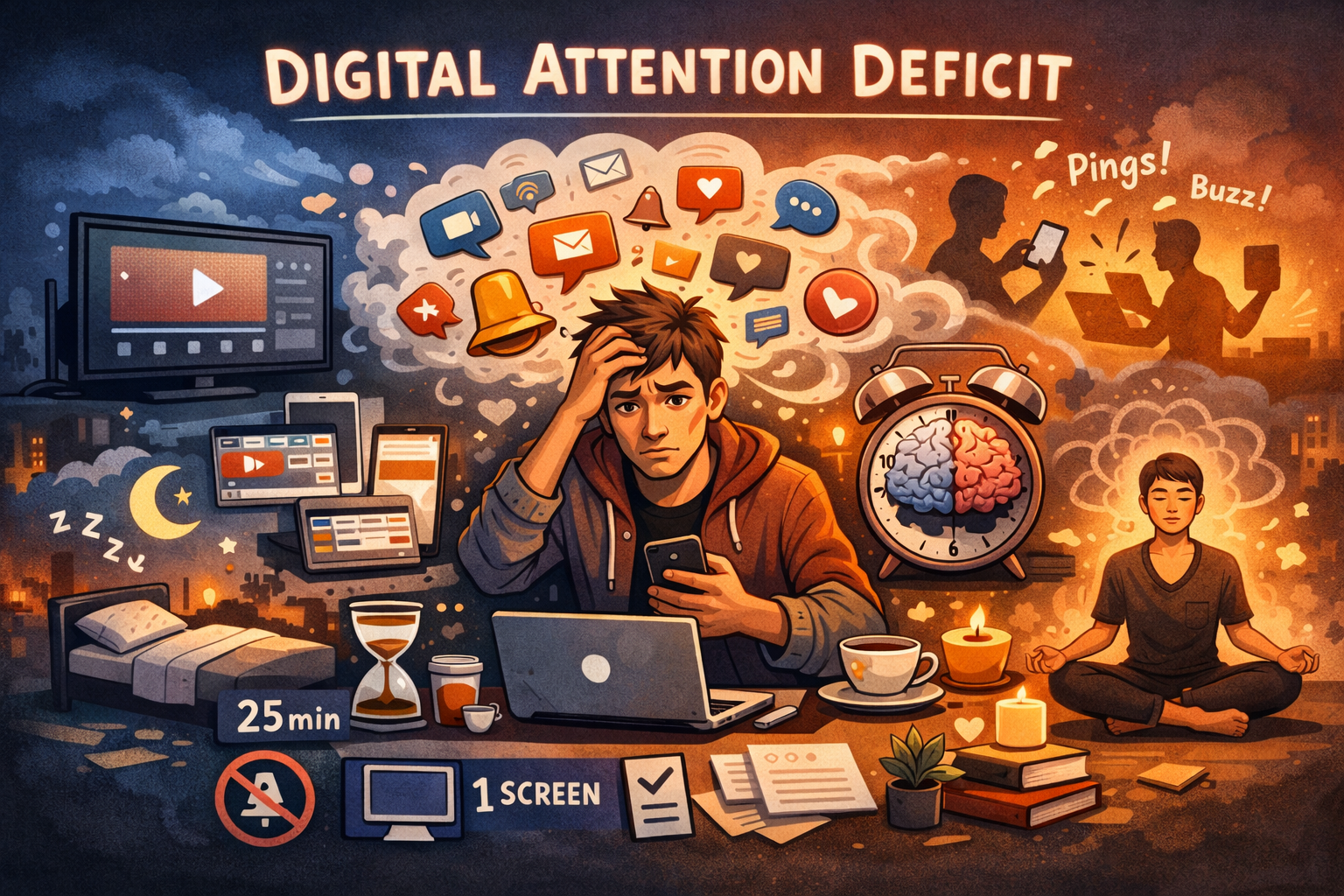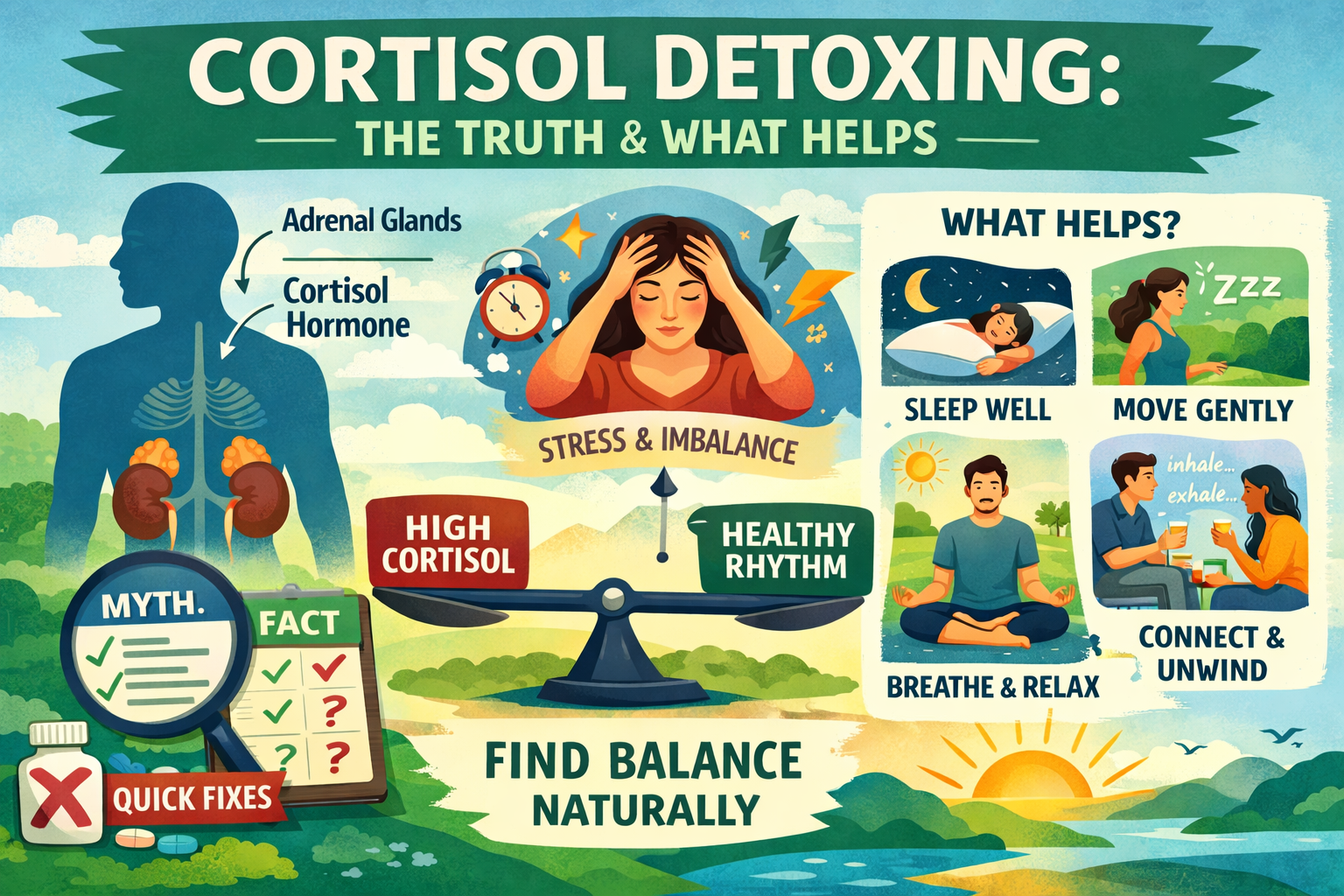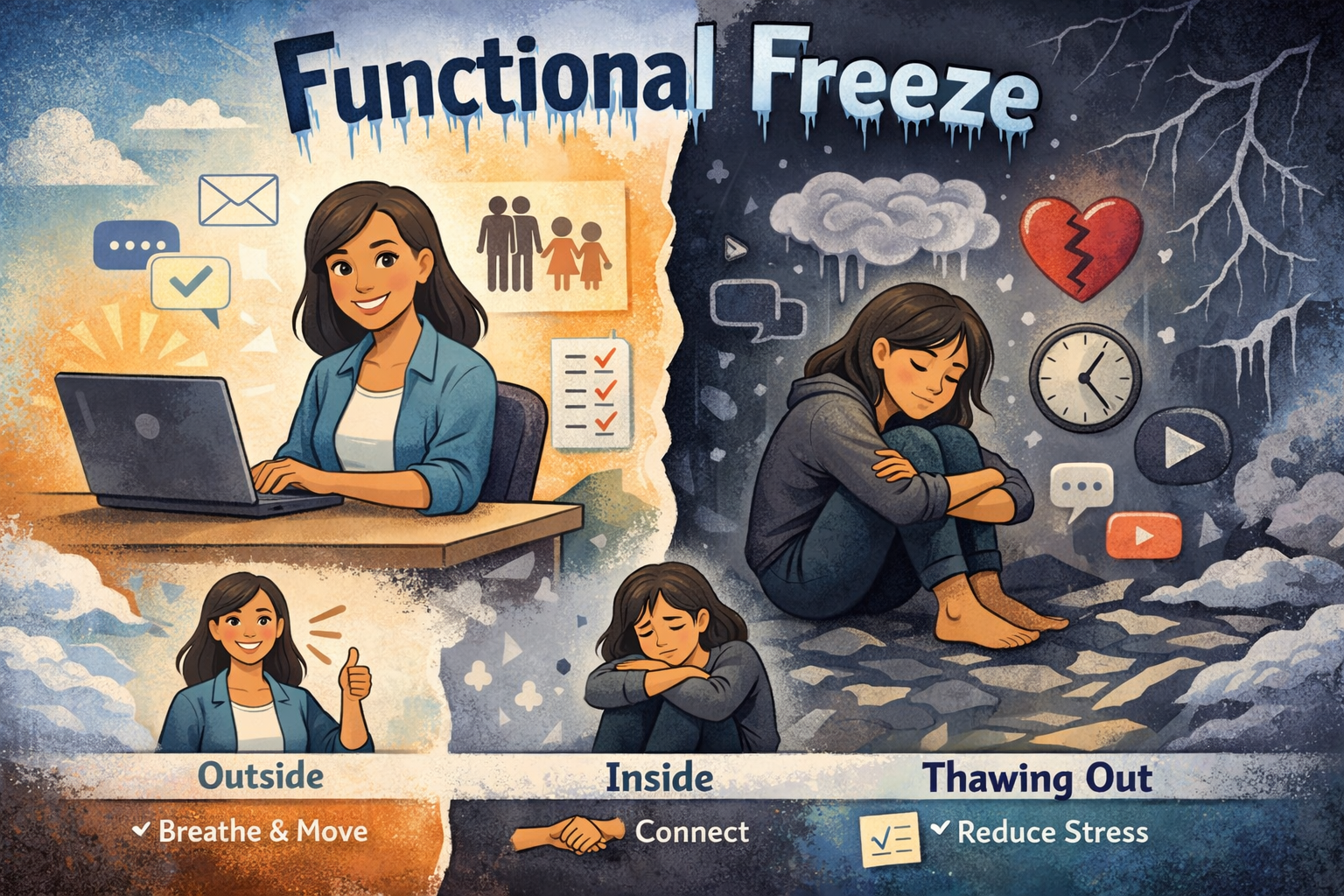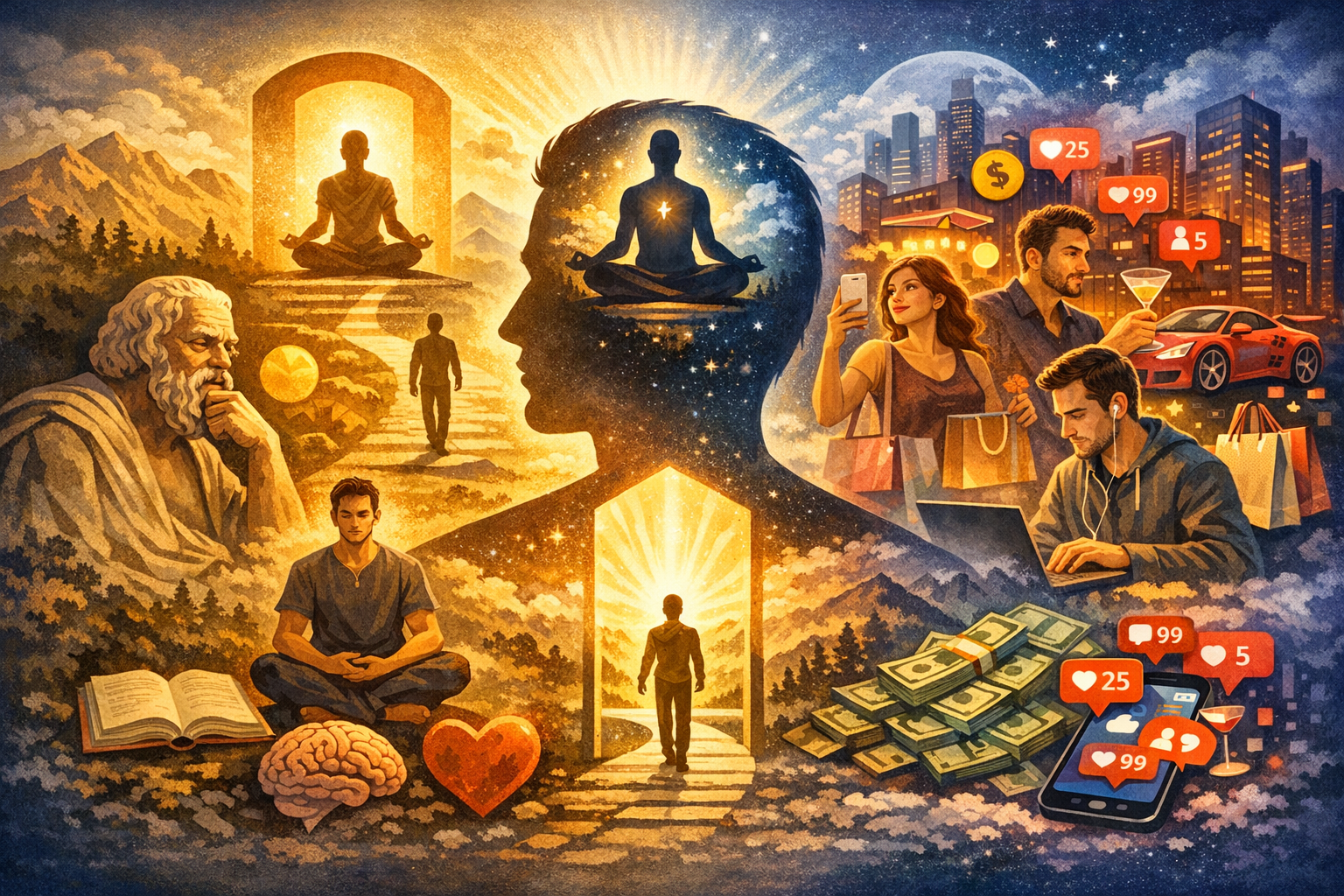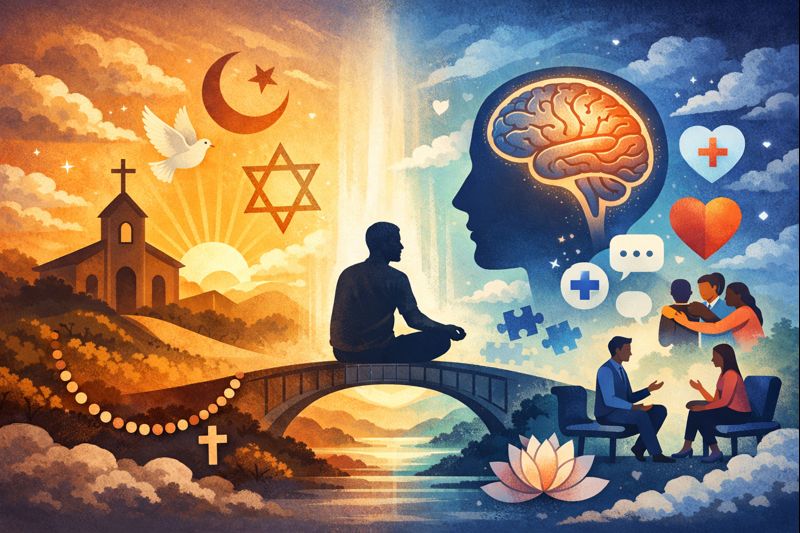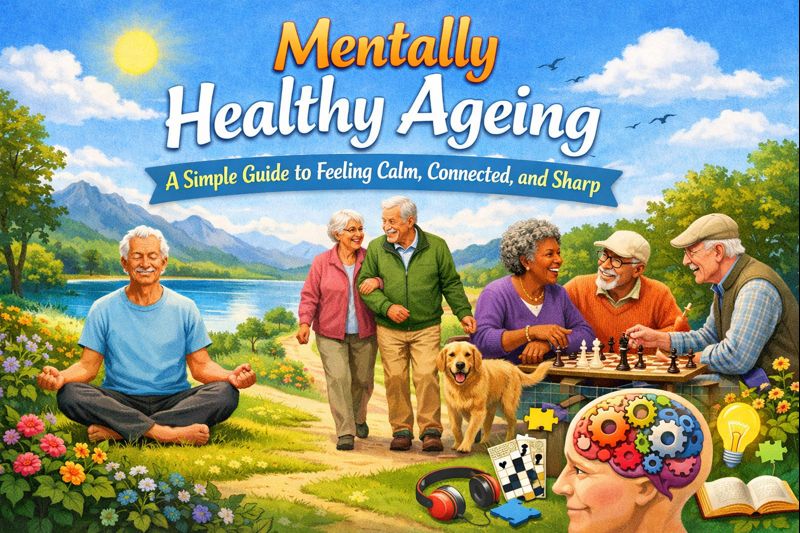The fast-paced and highly stressed modern world has transformed burnout from an uncommon problem into a worldwide health epidemic. Burnout affects people regardless of their age and roles as students or professionals or homemakers or entrepreneurs because it lacks explicit indicators. It whispers. Ignoring these whispers will transform them into loud screams.
Burnout represents more than simple fatigue because it encompasses complete mental exhaustion along with emotional depletion and physical breakdown. Healing becomes possible only when we detect the initial signals of burnout.
What is burnout?
According to the World Health Organization, burnout represents a workplace chronic stress that develops when employees fail to manage their work pressures. The condition of burnout now extends beyond traditional work environments. The stressors of parenting, caregiving responsibilities, academic work, and social media demands all contribute to the development of burnout.
The leading burnout expert, psychologist Christina Maslach, explains that exhaustion together with detachment and reduced performance make up the three core burnout symptoms.
The Three Core Burnout Symptoms:
- Exhaustion
- Detachment
- Reduced performance
Seven Warning Signals Can Indicate Developing Burnout
1. Waking up exhausted remains your routine despite getting a complete night of sleep
When sleep no longer brings us back to full energy, our body indicates it is dealing with continuous stress. Our mind continues its work even though we are resting deeply or sleeping.
"Burnout serves as an indicator from nature that signals that we have only been performing automatic actions." — Sam Keen
A 2021 Frontiers in Psychology study demonstrated that sleep disturbances accompany burnout by showing that 60% of individuals with severe burnout experienced poor sleep quality.
2. Experiencing Emotional Numbness
The exhausted state leads people to become impulsive or emotionally unresponsive. There is no joy, no anger, and no sadness. Just blankness. Emotional shutdown appears as a condition rather than a state of serenity or inner peace.
Our brain activates this mechanism to defend itself from information overload. This signal demands immediate attention since it indicates a potential issue.
3. Frequently Getting Irritable or Angry
Daily routine irritants and annoyances such as traffic jams and social interactions start to bother us seriously. Our lack of understanding leads us to lash out at our family members without reason.
According to research published by Harvard Business Review, people dealing with burnout exhibit increased irritability together with cynicism and short temper, especially in demanding work environments.
4. Physical symptoms arise from nowhere
Frequent episodes of headaches and stomach problems and body aches occur without medical reasons. Burnout harms our nervous system and immune system, resulting in unexplained health issues.
Research shows that burnout creates inner inflammation in the body, which eventually develops into chronic health problems throughout life.
5. Feel Like Not Doing Enough
We put in extensive effort at work yet experience feelings of inadequacy or guilt afterward. We repeatedly tell ourselves, "I need to accomplish more," although exhaustion keeps us from doing so.
Our sense of perfectionism together with continuous self-criticism indicates we have exceeded our limits.
6. Losing Motivation and Passion
We are transforming activities that once brought us pleasure into overwhelming tasks. Our interest in both work and our hobbies, as well as social activities, is beginning to fade away. We become indifferent to once enjoyable things.
"Burnout is not the result of doing too much. It's the result of not doing enough of what brings you joy." — Anonymous
When our emotional tank reaches zero points, our motivation levels naturally decline.
7. Withdrawing Socially
The thought of speaking with anyone causes us to feel exhausted, so we cancel plans and avoid messages. Our mind tells us that it lacks the strength needed to form social connections.
The combination of loneliness with burnout creates an endless pattern that worsens each situation. Research conducted in 2022 by the Journal of Health Psychology found that social support effectively reduces burnout symptoms.
What Can We Do if We Recognize These Signs?
Acknowledge It
Burnout is real and common. Recognition of burnout represents the beginning of healing rather than a sign of weakness.
Take Small Breaks
The practice of taking brief 5–10-minute rest periods daily can help us breathe and stretch or unplug without waiting for our next vacation.
Talk to Someone
We should contact either a friend, therapist, or mentor for support. A conversation helps people understand their feelings and find solutions to the problems. Consider resources like:
- Psychology Today Therapist Directory
- National Suicide Prevention Lifeline: 988
- SAMHSA National Helpline: 1-800-662-4357
Reconnect with Joy
Set aside time each day for activities that bring us happiness, such as nature walks, drawing, playing music, or simply enjoying quiet moments.
Re-evaluate Expectations
We are not machines. Stop glorifying hustle. Establish mental health boundaries through learning to say no to the requests.
Final Thoughts: Listen Before It's Too Late
The silent accumulation of stress develops into burnout without any clear warning signs. Our physical and mental health requires attention if we experience at least three symptoms among these signs.
"Almost everything will work again if you unplug it for a few minutes… including you." — Anne Lamott
Take time to heal and reset while granting yourself permission to do so. A life of peace and purpose along with presence belongs to us as much as productivity does.
Are you looking for inner peace, deep relaxation or holistic solutions for mental health? Visit http://themindtherapy.in - your space for online counselling/therapy, free mental health tests, meditation, sound therapy etc.
Mind Therapy is India's trusted platform for mental health, mindfulness, and holistic healing. Explore expert-led programs, guided meditation, sound therapy and counselling at http://themindtherapy.in


